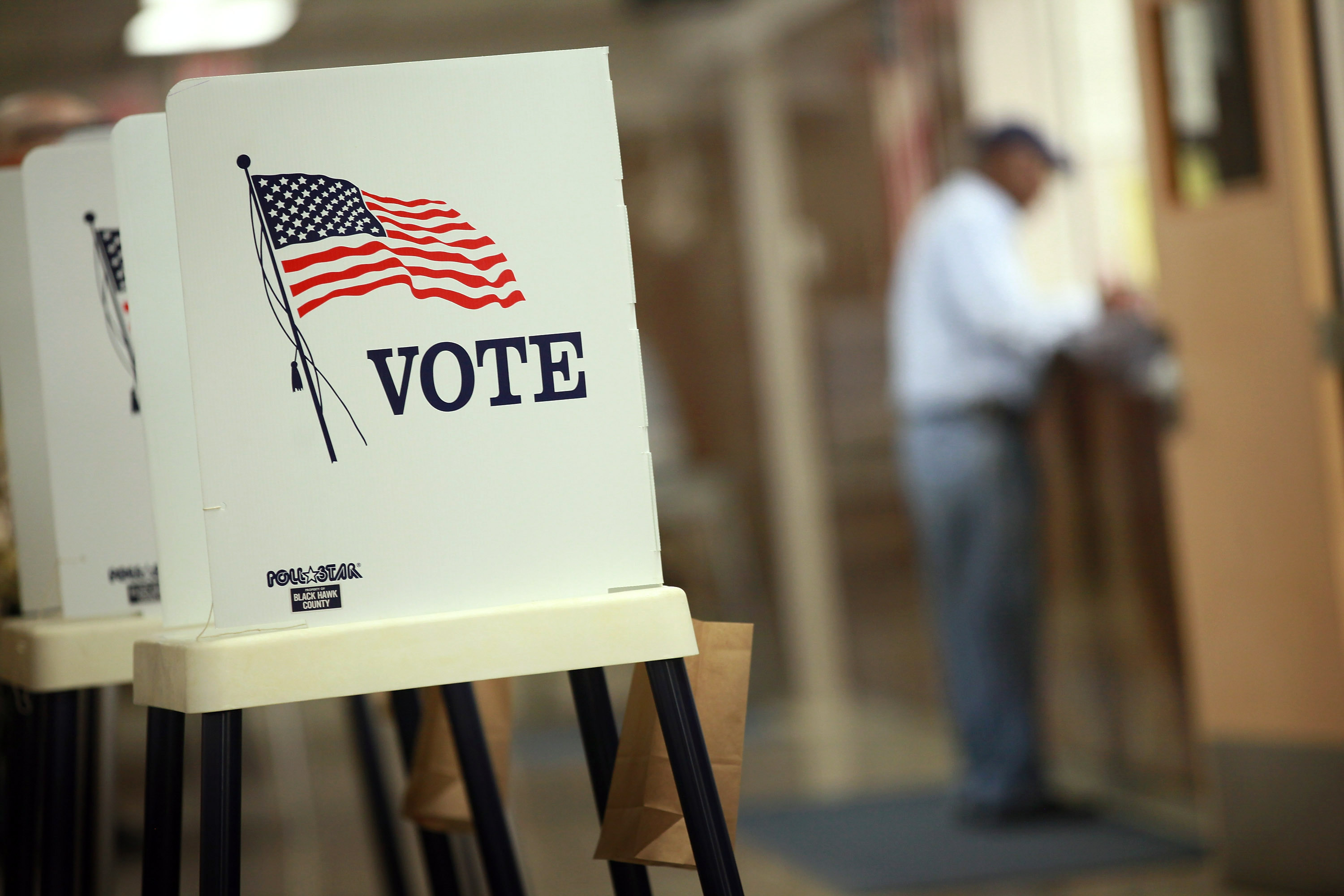How to predict an election
Don't pay much attention to campaigns. It's the "fundamentals" that count.


Between now and November 2016, reporters and pundits will write tens of thousands of stories about Hillary Clinton and the many Republicans running for president. The candidates' strategies, speeches, debates, gaffes, poll numbers, and (occasionally) policy views will be sifted, dissected, analyzed, and criticized. But what if all that verbiage tells us virtually nothing about who will win?
An influential school of political scientists insists that presidential elections are not determined by what candidates do and say in the campaigns, but by "fundamentals." Emory University political scientist Alan Abramowitz, who has correctly predicted the popular vote winner in every presidential election since 1988, says that what really counts are a few tectonic factors: Is the economy on the upswing before the election? What's the approval rating of the current occupant of the White House? Are swing voters so unhappy and pessimistic that they're eager to toss out the party in power, or do they feel good enough about the country's direction to stay the course?
The number of voters in play is very small. As Jonathan Chait points out this week at New York, "each party seems to be able to count on the support of at least 45 percent of the voters regardless of what is happening in the world."
The Week
Escape your echo chamber. Get the facts behind the news, plus analysis from multiple perspectives.

Sign up for The Week's Free Newsletters
From our morning news briefing to a weekly Good News Newsletter, get the best of The Week delivered directly to your inbox.
From our morning news briefing to a weekly Good News Newsletter, get the best of The Week delivered directly to your inbox.
That means the two parties and their army of strategists and donors will spend about $5 billion to sway the votes of 10 percent of the population — actually, just 10 percent of voters in a handful of swing states. The pivotal ballots, political scientists say, will be cast mostly by "low-information voters" who don't follow politics closely and rely on vague, gut feelings. Ah, democracy. Inspiring, isn't it?
A free daily email with the biggest news stories of the day – and the best features from TheWeek.com
William Falk is editor-in-chief of The Week, and has held that role since the magazine's first issue in 2001. He has previously been a reporter, columnist, and editor at the Gannett Westchester Newspapers and at Newsday, where he was part of two reporting teams that won Pulitzer Prizes.
-
 Bari Weiss’ ‘60 Minutes’ scandal is about more than one report
Bari Weiss’ ‘60 Minutes’ scandal is about more than one reportIN THE SPOTLIGHT By blocking an approved segment on a controversial prison holding US deportees in El Salvador, the editor-in-chief of CBS News has become the main story
-
 Has Zohran Mamdani shown the Democrats how to win again?
Has Zohran Mamdani shown the Democrats how to win again?Today’s Big Question New York City mayoral election touted as victory for left-wing populists but moderate centrist wins elsewhere present more complex path for Democratic Party
-
 Millions turn out for anti-Trump ‘No Kings’ rallies
Millions turn out for anti-Trump ‘No Kings’ ralliesSpeed Read An estimated 7 million people participated, 2 million more than at the first ‘No Kings’ protest in June
-
 Ghislaine Maxwell: angling for a Trump pardon
Ghislaine Maxwell: angling for a Trump pardonTalking Point Convicted sex trafficker's testimony could shed new light on president's links to Jeffrey Epstein
-
 The last words and final moments of 40 presidents
The last words and final moments of 40 presidentsThe Explainer Some are eloquent quotes worthy of the holders of the highest office in the nation, and others... aren't
-
 The JFK files: the truth at last?
The JFK files: the truth at last?In The Spotlight More than 64,000 previously classified documents relating the 1963 assassination of John F. Kennedy have been released by the Trump administration
-
 'Seriously, not literally': how should the world take Donald Trump?
'Seriously, not literally': how should the world take Donald Trump?Today's big question White House rhetoric and reality look likely to become increasingly blurred
-
 Will Trump's 'madman' strategy pay off?
Will Trump's 'madman' strategy pay off?Today's Big Question Incoming US president likes to seem unpredictable but, this time round, world leaders could be wise to his playbook


